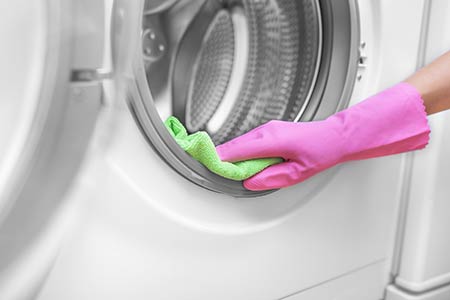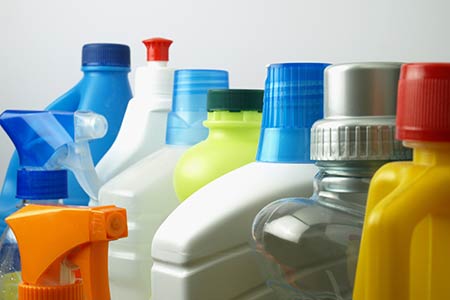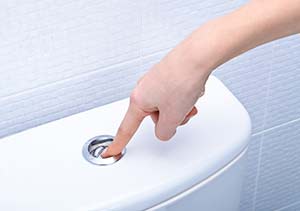Plumbing is one of the most vital parts of a home’s infrastructure. Sadly, there are a lot of things that can seriously damage it. In this article, let’s take a look at some of the most common culprits and how to minimize or completely eliminate the damage they can do.
-
Do It Yourself Fixes
A homeowner may be able to “kludge” together a fix for a leaky pipe or broken valve, but usually, the damage done over time by leaving such temporary fixes in place will lead to bigger problems. Plumbing systems are more complex than they appear. Smart homeowners trust a professional to fix things the right way.
-
Harsh Chemicals In Home Products
Chemicals in home products such as drain cleaner can also cause problems. What might seem like a quick and easy way to fix a clog can actually eat away at the pipes and do serious damage. It is recommended that a professional be called when a homeowner cannot remove a clog manually. Others try a all-natural clog-removing recipe. Toilet fresheners are another issue. Aside from harsh, pipe-damaging chemicals, toilet fresheners are usually very durable. If a piece breaks off, it is almost sure to cause a blockage that won’t quickly disintegrate.
-
Roots
Roots deep in the ground can often work their way into pipes in your system, leading to leaking and backing up of water. Those who live in older buildings often call in a professional with a “rooter” which snakes through the pipes and removes any invasive root growth.
-
Septic Tank Chemicals
Dumping bleach, paint, acid and other household chemicals down the drain into the septic tank can cause a build up of corrosive materials that can end up impacting your pipes and tank. It’s better to dispose of these through other means.
-
Grease
Grease has no place in a plumbing system. As it cools, it hardens and can become a “clogged artery” in the piping. It’s difficult to remove and can completely block up a pipe.
-
Disposing of Trash Through Plumbing System
There are things the garbage disposal can digest that it really shouldn’t. The previously mentioned problems with grease and other harsh chemicals are not really mitigated by passing through the garbage disposal. Bones and other durable things can still cause a blockage even once they’ve been hacked into smaller pieces.
Flushing items down the toilet is also a common cause for blockage and backups. Just because the toilet can manage to ingest some garbage does not mean it will make it all the way through your system. Many make the mistake of causing major blockage by flushing down things that don’t belong in the toilet just because it is easier.
-
Old Water Heaters
Water heaters should be replaced about every 10 years. When they break down, they can cause backups, leaking and other havoc in your home. Many homeowners recommend regular inspections to make sure things are in good working order. The water heater is another device that should be left to professionals.
-
Old Hoses
Most people do not think about the hoses on their dishwasher or washing machine. However, these degrade over time and can cause leakage and other problems when they give out. It is recommended that they be replaced every five years.
Clearly, the plumbing system has its fair share of enemies, but simple maintenance and avoidance of certain items and habits will go a long way to keeping things working well. Whenever in doubt, the best thing to do is have a professional look at the system before things stop working.
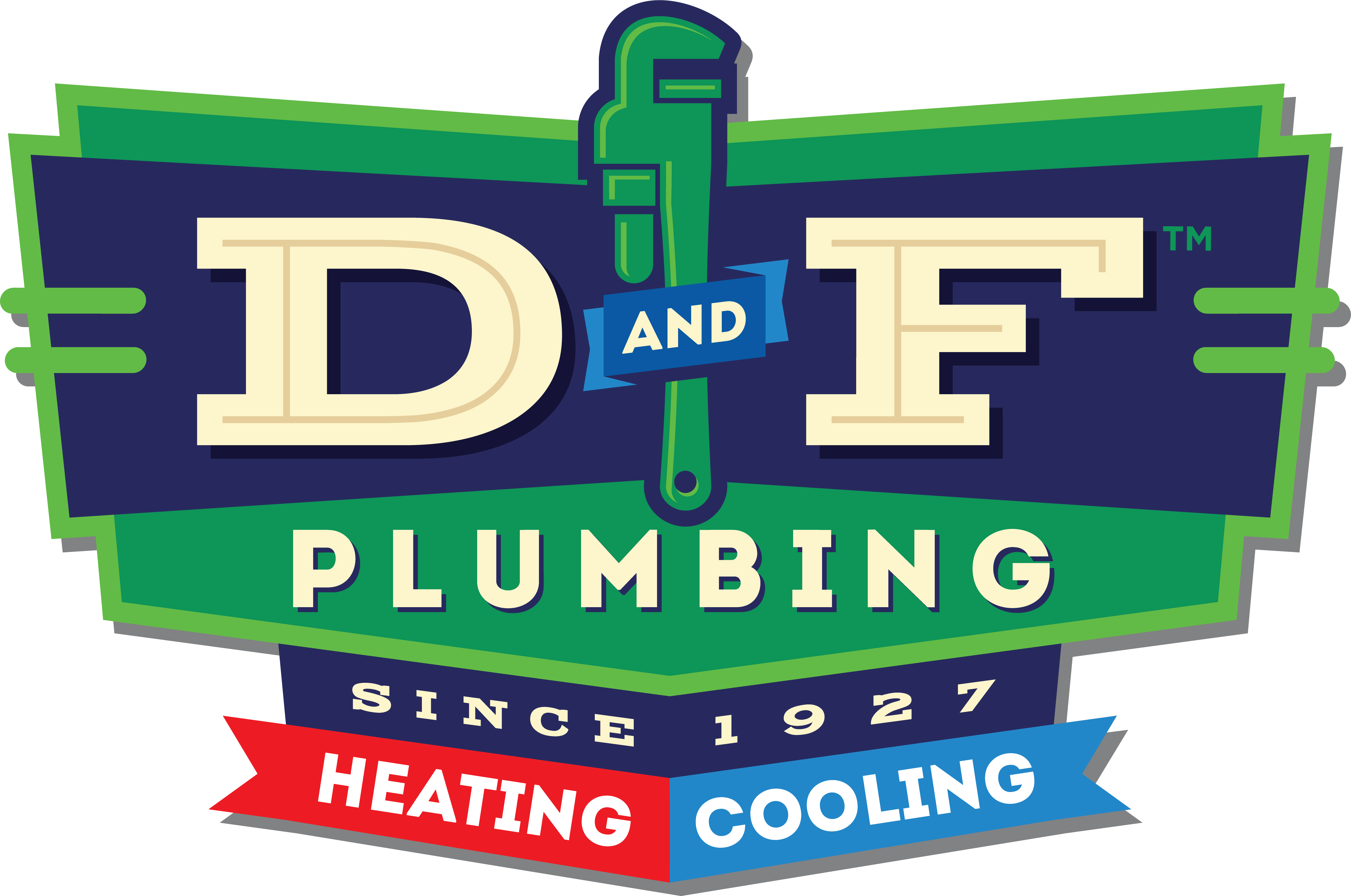
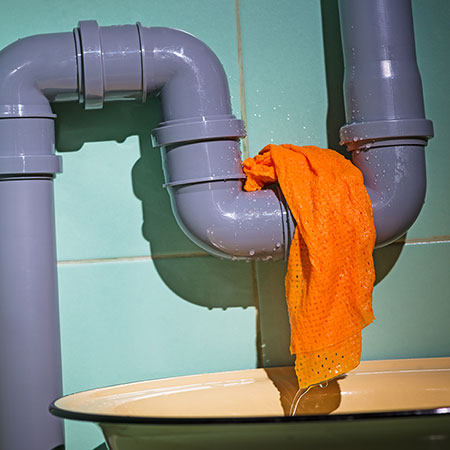
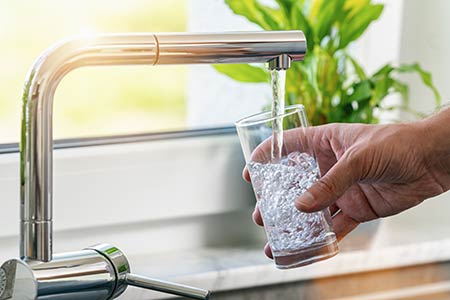
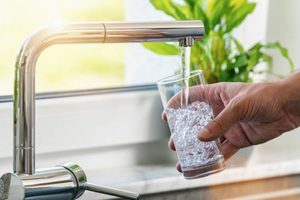 While summer tends to mark the emergence of many good things, it can also bring summer-specific plumbing problems. These issues can cause everything from minor nuisances to major problems that require a small fortune to repair.
While summer tends to mark the emergence of many good things, it can also bring summer-specific plumbing problems. These issues can cause everything from minor nuisances to major problems that require a small fortune to repair.